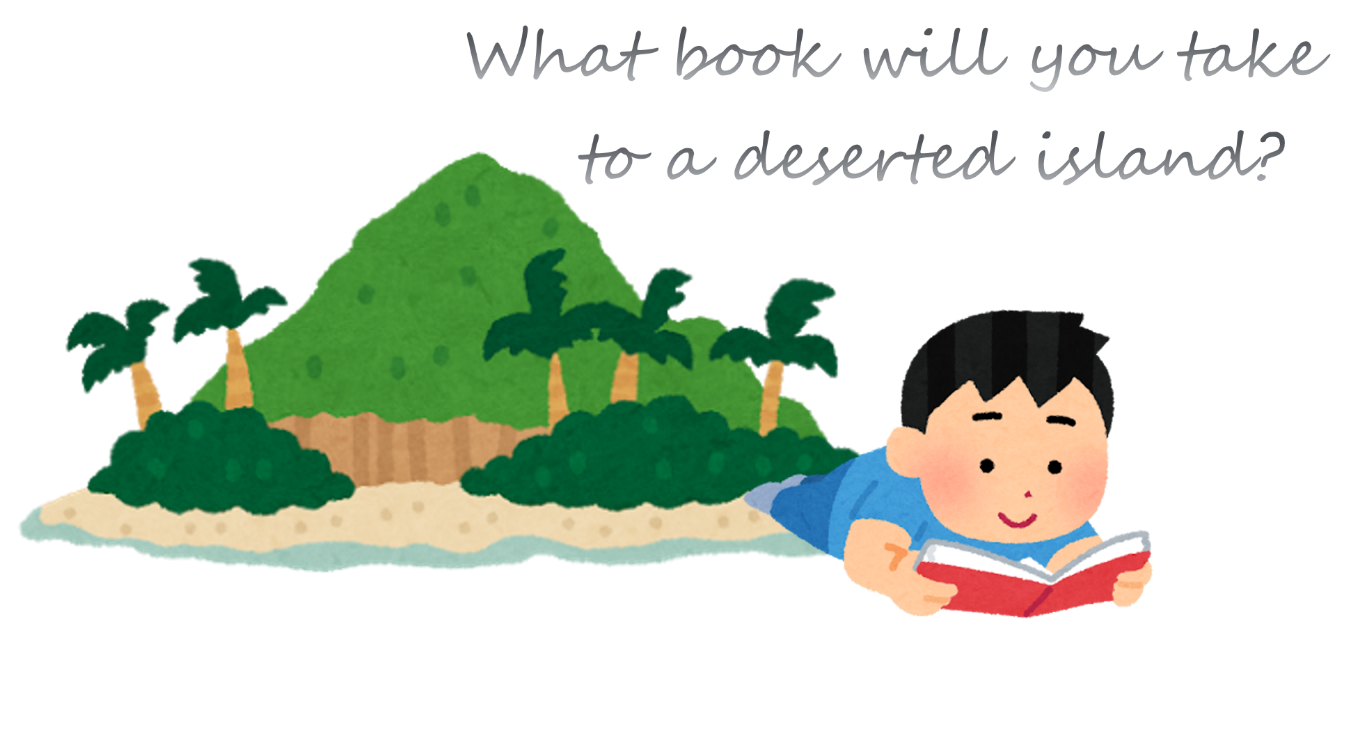English version
Hi everyone, I am Li, a second-year master student in Abe laboratory. We hold the 8th seminar online on December 10th, which also is the first seminar held in the morning, all members who attended this seminar looks energized. As the MC of the 8th seminar, I am writing here to report it in this blog.
Even though we are suffering from a tough situation, the good news is that Augustin Vaillant-san has arrived in Japan in November, and he will end up quarantine period tomorrow and arrive at school to start a new journey soon.
There are two major sessions in the seminar starting from September, “working in progress session” in the first half, “bonding session” in the second half.
Norovasambuu ‘Nosa’-san was in charge of “working in progress session”, his research theme relates to an analysis of non-revenue water (NRW), the topic of his presentation is “Reducing commercial water loss of NRW in Ulaanbaatar, Mongolia”.
As we know, Mongolia now is confronting aging infrastructure issues that are likely to cause poor maintenance and physical loss of water. Besides the physical loss of NRW, it is also facing the commercial loss of NRW. Due to data handling errors and under-registration errors, more NRW will appear. Hence a vicious cycle, “More NRW cause less revenue- Decreasing invest to reduce NRW- High operating cost to response increasing demand”, has plagued local society.
Through literature review, it was noticed that old types of water meters have a high risk of failure, and low-income countries have more NRW than high-income countries. Installing water meters will contribute to affect user behavior and save water usage. In research objectives, Nosa-san is keen to investigate variables that are affecting commercial water loss by evaluating installed water meters in the households. To figure out how the installed water- meter could affect usage behaviors of households, he plans to collect or estimate the data of water consumption at household levels, and propose a better management solution.
“No water, no life.” Thanks to his detailed presentation, we know that local governments and water utilities struggle to improve infrastructure and extend the water distribution system to attract more household users. However, because of budget, the flexibility of policy, and other reasons, the NRW issue exists not only in developing countries but also in developed countries. Such an important topic has been mentioned, we are looking forward to his finding in the future.
After the keyword session, the keyword regarding his presentation and discussion, we moved to the last part, “bonding session”.
In the 7th seminar, we have discussed the most beautiful things in the world during bonding session. Someone mentioned the book is one of the most beautiful things in his mind. Therefore, As MC of seminar, I selected the topic related to book, “Which book will you take to a deserted island”. What is more, the open topic is able likely to reflect personality character and way of thinking.
“Encyclopedia of earth”, “The winds of winter”, “DUNE”, “Living in the end times”, “Less than nothing”, “The Famous Five collection”, “Sapiens: A Graphic History: The Birth of Humankind”, even the “Kojien dictionary”, etc., were recommended. Pele-san introduced her “spirit-source” book, “The Power of Now”. As a key idea in this book, most of us have unknowingly identified with our mind, and enlightenments means getting the awareness of our true being and staying deeply connected with beings.
Mizukami-san introduced the book he wants to read on a deserted island, “Tristes Tropiques”. The author Claude Levi-Strauss, the founder of structuralism, traveled from the Amazon basin through the dense upland jungles of Brazil and explored the original shape of human society.
Which impressed us is that, instead of reading book, Abe sensei chooses to write books and leave his thought and idea in history. We are expecting what kind of book Abe-sensei will write.
The human looks like a screen or filter, what we are seeing is probably what we want to see, there are some thinking we have not realized yet. Thanks to the seminar, we share ideas and thinking. I appreciate everyone’s understanding and cooperation.

日本語版 Japanese version
こんにちは、阿部研究室修士2年生の李です。12月10日、第8回ゼミがオンラインで開催されました。さらに、今回のゼミは今年初めて午前中に開かれたことで、ご出席している皆さんは元気満々なように見えました。第8回のMCとして、私は本ブログで報告させていただきます。
コロナ禍で皆さんは厳しい状況を我慢していますが、阿部研のいいニュースがあります。先月フランスから来日したAugustin Vaillantさんは隔離期間を終え、条件を満たせば明日から登校できるようになります(とはいえ、原則オンラインによる履修となります)。これから彼の新しい旅が始まるでしょう。
9月より阿部研究室の全体ゼミは主に、前半が「Working in progress session」及び後半が「Bonding Session」になりました。
「Working in Progress session」について、今回の担当はPurevsuren Norovasambuuさんです。Norovasambuuの研究テーマは無収水(Non-Revenue Water, NRW)に対する分析に関わるもので、発表題目は「Reducing commercial water loss of NRW in Ulaanbaatar, Mongolia」です。
皆さんのご存知の通り、モンゴルはインフラ老朽化による修繕不備や水の物理的な損失に直面しているが、この他、無収水に関する商業的損失にも直面しています。データ処理エラー(data handling error)やunder-registration errorによって、無収水をさらに生み出すことになっています。「無収水の量が徐々に増えると同時に利益が減少し、NRWを解決する費用も減少してしまい、結果需要を満たす運用コストが確保できなくなる」という悪循環が現地政府を悩ましています。
レビュー論文を通じて、旧型水道メーターが故障する恐れが高いことと、先進国よりも発展途上国におけるNRWの量が多いことを知りました。水道メーターを設置することでユーザーの行動や節水習慣に影響を与えることが判明しました。研究目的として、Norovasambuuさんは家庭に設置された水道メーターを評価することにより、商業用水の損失に影響している因子を特定しようとしています。設置された水道メーターがどのように世帯ごとの水の使用に影響を与えているかを解明するため、彼は世帯レベルで用水消費量に関するデータを収集、または推定し、より良い管理策を提案するつもりだそうです。
「水がなければ生命は存在しない」。Norovasambuuさんの詳しい発表により、現地住民の生活品質を向上させ、より多くの世帯を引き付けるために、自治体や水道局(水道事業者)がインフラの改善と供水システムの拡大を推進していることが分かりました。しかし、予算や政策の柔軟性等の理由で無収水は発展途上国のみならず、先進国の問題にもなっています。そのような重要な課題が言及されており、私たちは彼の将来の発見を期待しています。
後の「Keyword Session」にNorovasambuuさんの発表に対するキーワードを出しあってから、「Bonding Session」に移行しました。
前回のゼミでは、私たちが「世界中で一番綺麗なモノ」について議論している途中で、メンバーの一人が本のことを言いました。それ故に、MCの私は書籍に関するお題を設定しました。それは「無人島にどのような本を持っていきますか(What book will you take to a deserted island)です。このトピックは自由式質問なので解答者の性格や思考行動が反映されます。
「Encyclopedia of earth」、「The winds of winter」、「DUNE」、「Living in the end times」、「Sapiens: A Brief History of Humankind」、「Less than nothing」や「The Famous Five collection」のみならず「広辞苑」までもが推薦されました。Pereさんが彼女にとって「精神の素」のような本を紹介しました。「The power of Now」です。この本における重要なアイデアは、私たちはほとんど無意識のうちに自身の心を識別しているということです。そしてその啓発は私たちの本当の意識を見つけ、その意識と深く関わっていくことを意味します。
水上さんは無人島へ持っていきたいものとして「悲しき熱帯(Tristes Tropiques)」という本を勧めてくれました。作者であるクロード・レヴィ=ストロースは構造主義の祖とされ、彼はアマゾン盆地からブラジルに密集する高地のジャングルを旅し、人間社会における元来の形を探求しました。
阿部先生のは、無人島へ本を持っていくのではなく、本を書くことために白紙のノートブックをもっていくとのことです。阿部先生はどのような本を書くのか気になります。
人間はスクリーンやフィルターのようです。何故なら、私たちが見ているのはおそらく私たちが見たいものです。見ている風景以外に、気が付いていない考えが沢山あると思っています。ゼミのおかげで、私たちはアイデアや考えを共有することができました。改めて、皆さんのご理解とご協力に感謝申し上げます。